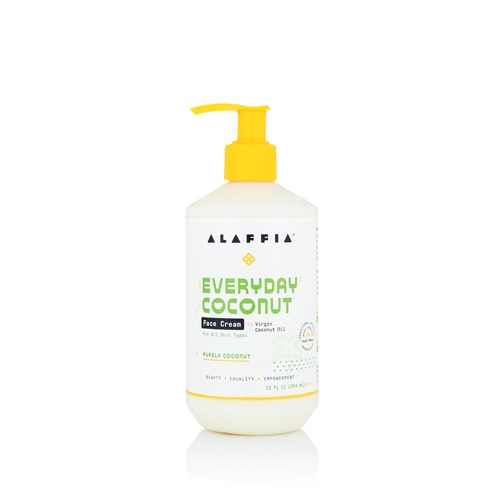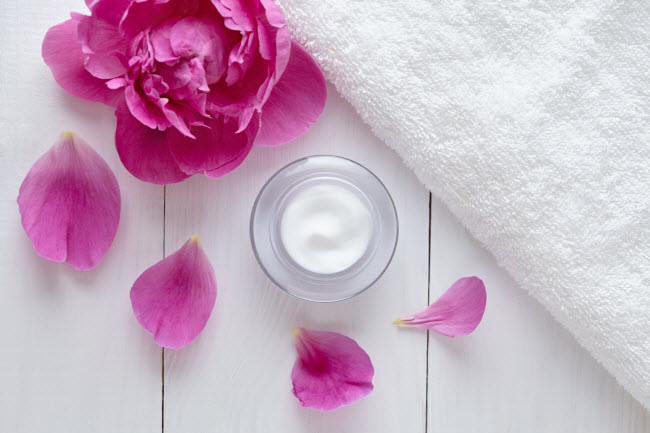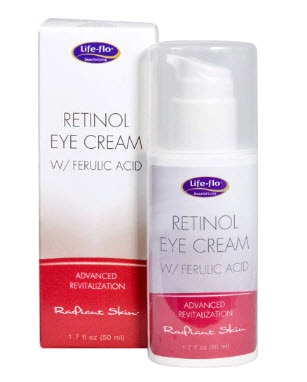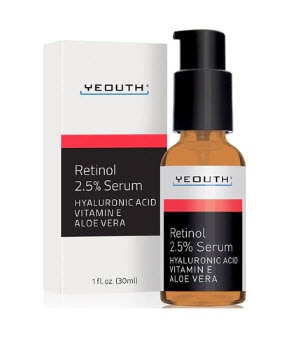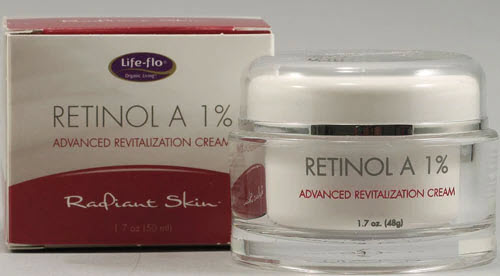In the quest for youthful, perfect skin, women tend to become warrior queens, braving any irritation to arrive at the proverbial fountain of youth. Amazingly, retinoids may well live up to their mythical status as the gold standard when it comes to an ingredient that delivers the antiaging goods. Retinoids—retinal, Retin-A, and retinaldehyde—are a group of vitamin A derivatives that can help treat acne, brighten skin tone and reverse the signs of aging. While potent and thus highly effective, the downside is they can also cause skin irritation. If you do decide to experiment with retinoids, caution and patience is called for.
How retinoids work
Retinoids stimulates collagen production and speeds cell turnover, which reduces the appearance of fine lines, evens out complexion, and unclogs pores. Because they are so strong, just a few drops of serum or dollops of cream can improve your complexion—and you often see results fast. By the same token however, the transformative effects on your skin has a cost: Dryness, peeling, and redness are common side effects.
Retinoids have the following, science-supported benefits:
- Its powers of minimization can prevent wrinkles as well as smooth out existing fine lines.
- Exfoliates at a cellular level, which results in a brighter complexion.
- Regulate oily skin and reduce breakouts.
- Fade dark age spots, sunspots and hyperpigmentation.
When should you use them?
Some experts recommend incorporating retinoids into your skincare regimen as soon as you start to notice fine lines (at 30-plus). But if you’re struggling with acne, you may want to start even sooner, especially to combat comedones—the small, fleshy bumps that form when a pore gets clogged.
What to look for in a label:
In general, retinoids tend to be very unstable. They lose potency quickly, especially when exposed to light, oxygen, and with time. The less contact with air the better or you risk the ingredient becoming inactive.
Retinoid
An umbrella term that covers both OTC retinol, as well as prescription-strength forms.
Retinol
The most common retinoid, available to purchase from drugstores and beauty counters. It converts naturally into retinaldehyde and then into retinoic acid but only on an as needed basis. This is the gentlest form of retinoid and thus the best tolerated.
Retinoic acid (Retin-A)
Available by prescription only. It’s full strength from the get-go, which means its gets down to business immediately. It can cause redness and peeling, but your skin may eventually adjust. Since it’s highly unstable, it comes packaged in an opaque and airtight tube.
Retinaldehyde
This is available over the counter, but it converts very quickly to retinoic acid, which could cause irritation. The main difference between all three major forms of retinoids is potency.
Care advice:
Before you start slathering a retinoid on your skin, keep a few tips in mind:
Introduce the product slowly, starting with the mildest Add it into a nightly routine one to two times per week for the first week and then gradually increase how often you apply.
Give them time to work. It may take three months before you notice changes in the skin.
Prepare for your skin to have a learning curve as it adjusts.
Allow the product to absorb in the skin for 20 to 30 minutes before applying another product on top.
Retinols are best applied at night, particularly because it makes your skin more photosensitive. (You still need to wear a sunscreen during the day, especially when on retinoids.)
Bottom line: Retinoids can be a very effective tool in your beauty arsenal.
Ready to give retinol a try? Here are three products to add to your regimen:



